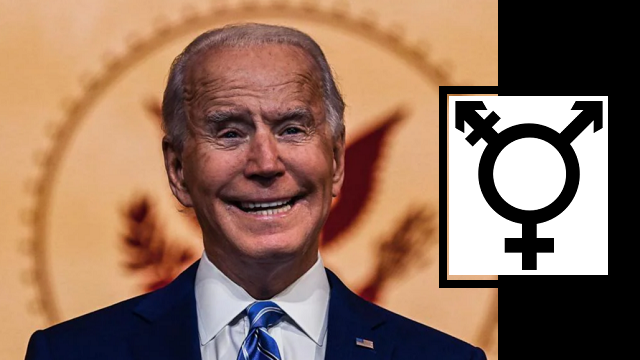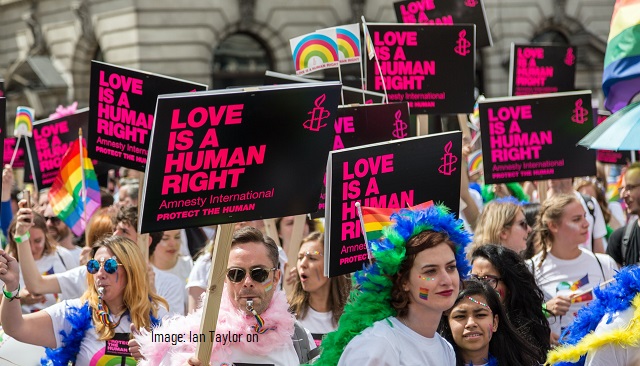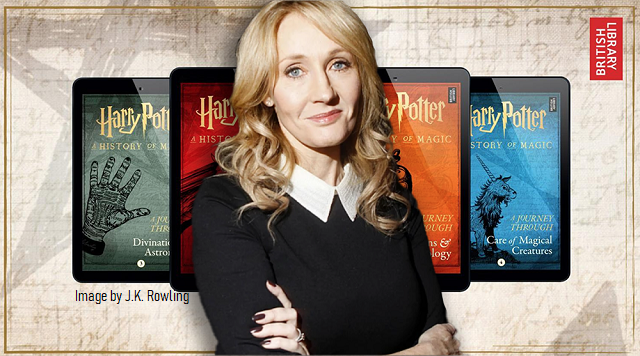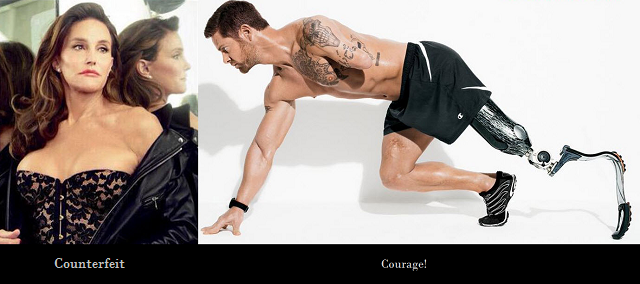INSANITY: Biden Releases ‘National Gender Strategy’

There’s no end to Democrat madness and their war on G-d.
Biden released a ‘National Gender Strategy,’ and it is every bit as ridiculous as it sounds
By: Conn Carroll, Washington Examiner, October 26, 2021:
If the Babylon Bee had been asked to write a “National Gender Strategy” to be posted on the White House’s website, it wouldn’t look any different than the document the Biden administration actually released last Friday.
The “fact sheet” contains every buzzword and policy that you would expect to hear from a progressive activist with a degree in gender studies
The four-page document begins by identifying “gender equity” as a “moral and strategic imperative.” Thanks to COVID-19, “we are at an inflection point,” the statement reads, as the pandemic has “magnified the challenges” that women and girls face — “especially women and girls of color.”
Given that the document asserts without any evidence that women of color have been hit hardest by COVID, it isn’t surprising that the document also promises “an intersectional approach” that “considers the barriers and challenges faced by those who experience intersecting and compounding forms of discrimination and bias related to gender, race, and other factors, including sexual orientation, ethnicity, religion, disability, age, and socioeconomic status. This includes addressing discrimination and bias faced by Black, Latino, and Indigenous and Native American people, Asian Americans, Native Hawaiians, and Pacific Islanders, and other people of color.”
To improve “economic security,” the document calls for investments in “care infrastructure,” but nowhere is any real infrastructure ever mentioned.
The document promises to “dismantle the barriers to equal opportunity in education” so that women can “compete on a level playing field.” Never mind that women now make up 60% of all college students and are awarded two out of every three college degrees .
Abortion is, of course, absolutely essential for the “health care” of women, according to the document, which also promises to “defend the constitutional right to safe and legal abortion in the United States, established in Roe v. Wade.”
If there is one document that best encapsulates how out-of-touch the Biden White House is with everyday concerns of voters, this “National Gender Strategy” may be it.
RELATED ARTICLES:
State Department Issues First Gender-Neutral Passport
EDITORS NOTE: This Geller Report column is republished with permission. ©All rights reserved.
Quick note: Tech giants are shutting us down. You know this. Twitter, LinkedIn, Google Adsense, Pinterest permanently banned us. Facebook, Google search et al have shadow-banned, suspended and deleted us from your news feeds. They are disappearing us. But we are here. We will not waver. We will not tire. We will not falter, and we will not fail. Freedom will prevail.
Subscribe to Geller Report newsletter here — it’s free and it’s critical NOW when informed decision making and opinion is essential to America’s survival. Share our posts on your social channels and with your email contacts. Fight the great fight.
Follow me on Gettr. I am there. It’s open and free.
Remember, YOU make the work possible. If you can, please contribute to Geller Report.







